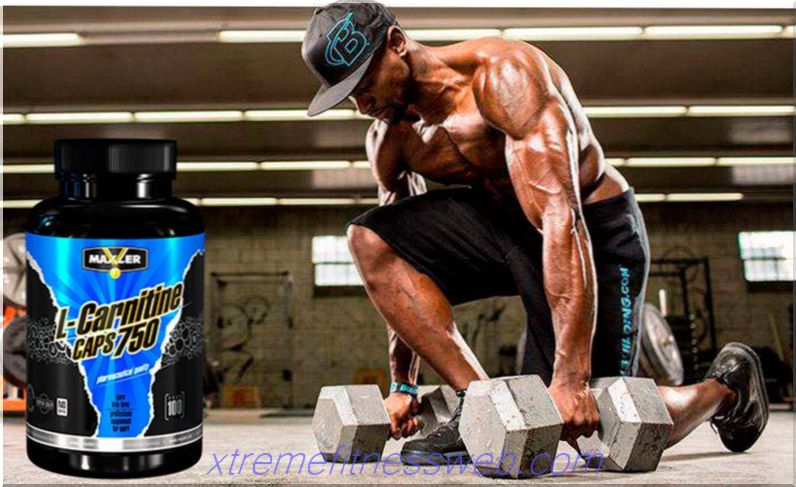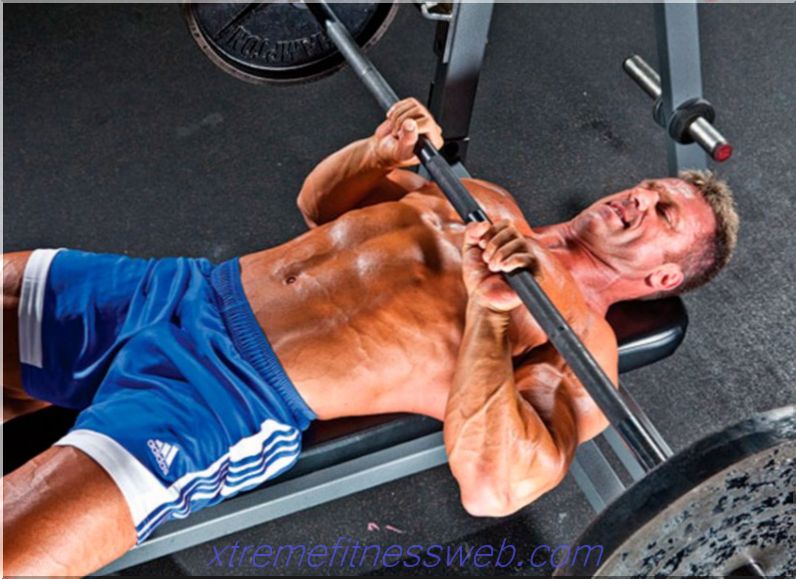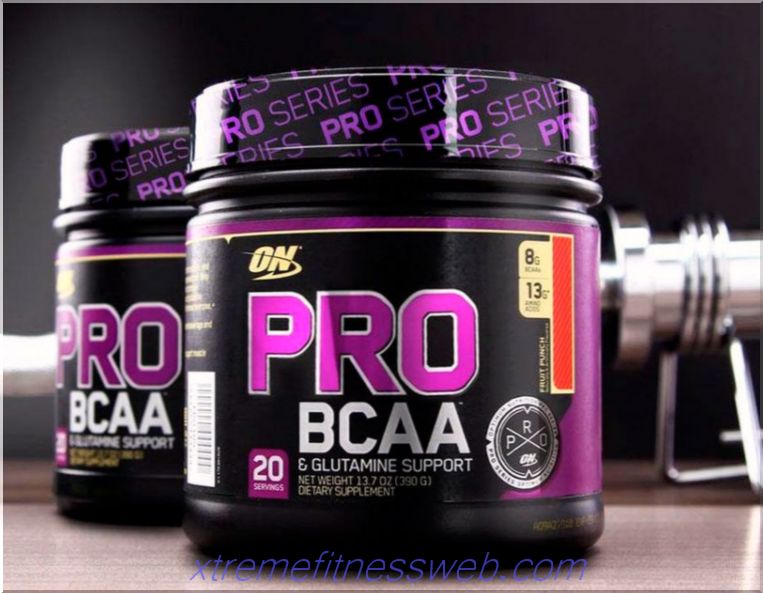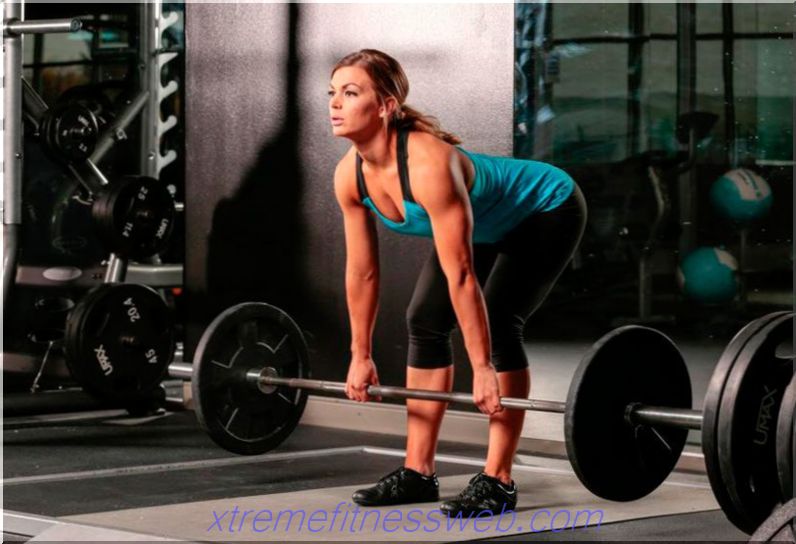- Basic Nutrition Basics
- Athlete Diet Products

- The Importance of Nutrition for an Athlete
- Sports diet
- Menus for Athletes

Athletes and people who do not devote their free time to training have different nutritional needs. The difference is due to several factors. Athletes spend much more energy than office workers or even workers in the workplace. High energy costs are not the only reason for the athlete’s special nutritional requirements.
Increased physical activity affects the athlete’s body in such a way that he begins to work in a more intense “mode”. To restore the energy spent during training, maintain good physical shape and perform exercises, sports nutrition should be high in calories, naturalness, and be diverse.
Content
- 1 Basic Nutrition Basics
- 2 Products for the athlete's diet
- 3 The Importance of Nutrition for an Athlete
- 4 Sports Diet
- 4.1 Proteins
- 4.2 Carbohydrates
- 4.3 Fats
- 5 Menus for Athletes
- 5.1 For a power athlete
- 5.2 Girls
- 5.3 Prohibited Products
- 5.4 General recommendations
Basic Nutrition Basics
The correct distribution of physical activity and the restoration of the forces expended while this are the main guarantee of success in achieving high sports results. Energy consumption cannot be made up without consuming the right products. Food serves as both a source of energy and material for the reproduction of cells.
Athlete Diet Products
The main thing is to take into account that food for an athlete must fulfill a number of specific tasks, and is not solely a source of satisfying hunger. Products in the bodybuilder menu must meet the following requirements:
- Provide the body with all the necessary nutrients, micro and macro elements, vitamins, calories
The calorie value directly depends on the athletic tasks of the athlete.
- Contribute to the normalization and activation of metabolic processes occurring in the body
Natural additives and active biological substances fully meet this quality.
- Regulate body weight
Weight depends on the goals. At some stages of training, the mass should decrease, at others - increase, and in some cases - be maintained unchanged.
- Change morphological indicators
This property allows you to build muscle mass, and fat deposits, on the contrary, to reduce.
The Importance of Nutrition for an Athlete
Training requires the athlete to spend a huge amount of energy both on the fulfillment of physical exertion and on the maintenance of vital functions. This is the work of the heart muscle, respiratory and digestive systems. This is due to the fact that during intensive training, both muscles and internal organs work in enhanced mode.
If the body does not receive in sufficient quantities of nutrients and nutrients, then this will lead first to an energy imbalance, and then to exhaustion. To avoid this, the athlete needs to pay increased attention to his daily diet. It should be as balanced as possible, fully replenish the energy expended, consist of healthy natural products of animal and vegetable origin.
Sports diet
The formation of the menu depends on both individual and general requirements. The first includes the physical characteristics of the athlete, sports discipline, loads, and the second, independent of discipline and other factors, includes the qualitative composition of the athlete’s diet, in which foods rich in macro- and microelements must be present.
In terms of quality composition, proper nutrition for an athlete should be close to the formula: 30% - proteins, 60% - carbohydrates, 10% - fats.
The use of trace elements and vitamins involves the inclusion in the diet of food containing them in one or another quantity, or the use of special complexes.
Squirrels
One of the most important components of sports healthy and balanced nutrition. It has a multifaceted effect on the body.
All biological structures, which include the organic part of bone tissue, tendons, ligaments and muscle tissue, are composed of protein. Protein is a catalyst for biochemical processes, accelerating them millions of times, is a part of hormones, being a growth factor. Both energy and metabolic processes occurring in cells are directly dependent on the activity of the enzyme protein.
 Thanks to proteins, tissues receive oxygen and essential nutrients. The component plays a huge role for the immune system. This is because antibodies are specific protein molecules.
Thanks to proteins, tissues receive oxygen and essential nutrients. The component plays a huge role for the immune system. This is because antibodies are specific protein molecules.
Sources of protein in sports nutrition are the following products:
- Fish in which vitamins and fatty acids are present;
- Low-fat meat, which includes veal, poultry, rabbit;
- Eggs containing fats, vitamins and amino acids;
- Dairy products, which include an amino acid that is not produced by the human body, methionine.
Carbohydrates
Serve as the basis for metabolic and energy processes. Under the influence of increased physical activity are consumed much more intensively. They are “simple” and “complex”. Athletes need to include the latter in their diet.

The following foods are sources of complex carbohydrates: fruits, rice, vegetables, wheat, and brown bread. Carbohydrates are also present in sugar, but they are simple. It is recommended to replace it with a rich variety of healthy vitamins and a trace element with natural honey.
Fats
They serve both as a source of energy and building material, being present in the composition of cell membranes. Intensive fat consumption is promoted by laborious, slow-paced exercises. The role of fats in such training is to maintain stable functioning of internal organs and body temperature at the same level.
The athlete must eat both animal and vegetable fats. This is due to the fact that they perform completely different tasks. The source of animal fats are fatty varieties of fish and butter, and vegetable - vegetable oil. Athletes are preferable to use olive.
Menus for Athletes
 An example of a balanced menu includes the following products:
An example of a balanced menu includes the following products:
- 400 grams of poultry meat;
- 0.4 kg of cottage cheese;
- 30 grams of oil;
- 200 grams of bread;
- 0.5 kg cereal porridge;
- 300 grams of fruits and vegetables;
- 4-5 pieces of eggs.
For a power athlete
If the ultimate goal of training is to gain muscle mass, an athlete needs a lot of protein. Some athletes prefer to receive it along with the food they eat, while others prefer it in the form of specially formulated supplements. The latter include gainers, amino acids, as well as proteins for the preparation of protein nutritious shakes.
Girls
Nutrition for athletes who are actively training in the gym has its own characteristics. In addition to complex carbohydrates, vegetable fiber should prevail in it, monounsaturated fats should be present. It is preferable to eat fractionally. The interval between separate meals should be less than three hours.
Sample menu for girls who are actively involved in sports:
- The first breakfast includes three eggs, oatmeal (100 gr.), And the second - half a liter of kefir or milk;
- For lunch, it is recommended to eat brown rice (150 gr.), White meat of poultry or fish (200 gr.);
- For an afternoon snack, nuts and cottage cheese are best (200 gr.);
- For dinner, serve salad or fruit, meat or fish (200 gr.);
- Before going to bed, it is recommended to drink at least 500 ml of kefir, which can be replaced with any other fermented milk product.
The dietary requirements for the athlete remain unchanged, regardless of how long the menu is made - for a week or for a month. The main thing is that the products in it are chosen exclusively nutritious, natural and healthy.
 Prohibited Products
Prohibited Products
Plain salt is a taboo for athletes. An alternative to it is the sea. It is rich in many useful elements. The menu should not include spicy or fried foods, mushrooms, sugar, alcoholic beverages, various types of convenience foods, juices made from powder.
General recommendations
You need so much so as not to overeat or, conversely, to feel hungry. Eating should take place without haste. Chew food well. It is necessary to constantly monitor weight and monitor your own health.



 Prohibited Products
Prohibited Products 




